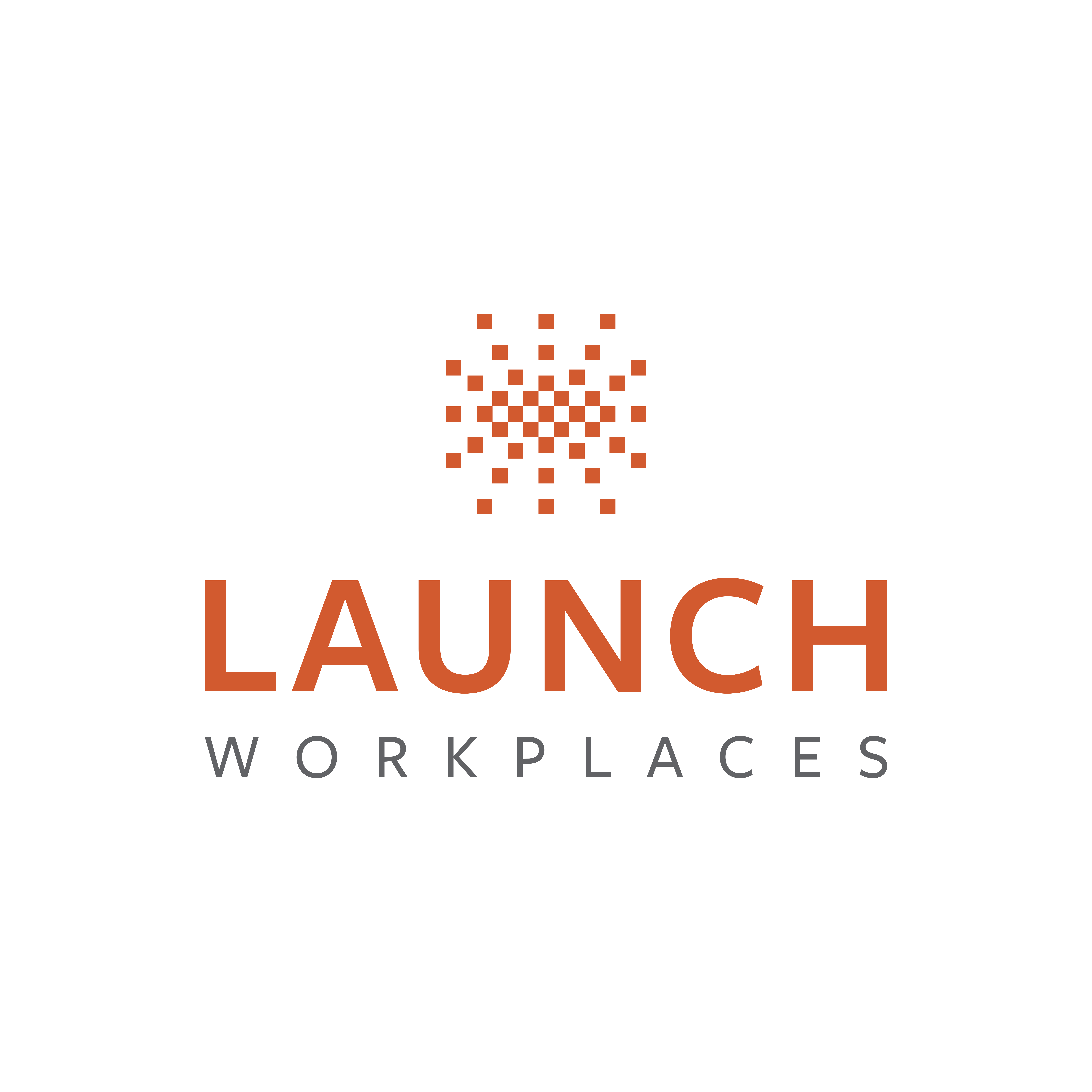Poor communication is the root of many workplace challenges.
In-person teams often find it hard enough to connect meaningfully, and it’s become even more difficult with remote or hybrid teams.
That’s why employee check-in meetings are so important: they ensure everyone is on the same page and are vital for keeping open lines of communication with team members.
Effective employee check-in meetings can build stronger bonds, boost engagement, increase employee satisfaction, and support team morale.
Here’s why employee check-in meetings matter and 26 questions you can ask your team members to spark conversation.

The What, Why, and How of Employee Check-In Meetings
Employee check-in meetings are, simply put, a chance to reconnect and catch up with your team members. They’re not formal employee reviews but rather opportunities for a two-way dialogue.
The purpose of employee check-in meetings is to:
Build rapport
It’s a chance to connect on an informal, personal one-to-one basis. They’re an important part of the post-pandemic great reconnection happening across workplaces.
Align priorities
Employee check-in meetings ensure all parties are on the same page about work projects and responsibilities. Note that this doesn’t mean the check-in is a time to go in-depth about each project, but it’s a touch-point and opportunity for clarification.
Ask questions
Provide an opportunity to ask questions and bring up challenges or problems—on both sides, as a two-way conversation.
Solicit feedback
This is a time to ask how the employee is doing and how they’re feeling on the team. It’ll help you stay on top of potential challenges and issues, ensuring your team is happy and supported.
An effective check-in meeting helps employees feel valued, heard, and understood. They have a chance to bring up questions and concerns or, at the very least, build a positive rapport with their manager or leader.
Building a regular and meaningful check-in strategy can be part of your business’s overall Employee Value Proposition (EVP).
To achieve these aims, there are a few best practices to follow:
Frequency
Bi-weekly check-ins are a good starting point, with the option to make them more (weekly) or less (monthly) frequent depending on the size of the team and how demanding everyone’s schedule is.
Duration
Keep check-in meetings as short as possible, 30 minutes or less.
Location
Choose a space where both you and your team members are comfortable. This could be someone’s private office, or you may want to book a fully-equipped meeting room to have access to A/V equipment and other amenities. Lounge areas in your shared coworking space can work, too. Other options include going for a coffee or taking a walk for a change of pace and scenery. Remote teams can, of course, meet virtually.
Tone and style
Check-in meetings can be kept relatively informal—employees should feel relaxed and comfortable, not that they’re about to be critiqued or quizzed. Additionally, meetings should be a two-way street, a conversation where both parties are asking questions, giving feedback, and making clarifications.
Actionable
Not every employee check-in meeting will end with specific items, as some are just meant to build rapport. But if something comes up (i.e., an employee feels overworked), you need to address it and come up with some action steps to resolve it.
The way you engage with your employees depends on you, your team, and your goals.
The important thing is that you do it. In 2022, employees have options—they can work remotely for companies anywhere and many industries are experiencing labor shortages. It’s time now, more than ever before, to double down on efforts to engage and connect with your team members so you don’t lose them.
 26 Questions to Ask During Employee Check-In Meetings
26 Questions to Ask During Employee Check-In Meetings
While there’s no right or wrong question to ask in your employee check-in meetings, there are some common questions that apply across most industries and workplaces.
We’ve categorized them here based on the intent and purpose of the question. You may choose a couple from each category per meeting or focus on one area.
Employee Check-In Questions to Build Relationships
Building rapport with your team members starts by taking an interest in who they are as a person. Don’t be afraid to ask some (work-appropriate) personal questions and engage in conversation about life outside the office.
- What was the best thing you did this weekend?
- I need a recommendation for a new Netflix show—what are you watching?
- How did your [child/spouse/friend]’s [activity/event] go last week?
- Do you prefer to meet here in my office or go grab a coffee somewhere? Your choice and my treat!
- Do you know your personality type (i.e., Myers-Briggs Type Indicator, Enneagram, Big 5)? Is there anything you can share with me that helps me understand who you are and how you work? If you’re not familiar, are you open to our team exploring this together?
Employee Check-In Questions about Work Responsibilities
This next set of questions is meant to provide a quick check-in about specific tasks and responsibilities. You may need to schedule a follow-up meeting dedicated to a certain project, but these provide a snapshot of where your employee is at.
- What’s gone well this week? Do you have a “win” that you want to share?
- Are there any unclear expectations about your current workload?
- Are you worried about finishing everything on your plate this week? If so, how can I help you re-prioritize or shuffle your workload?
- Do you think you “dropped the ball” recently? How are you working to improve that or do things differently?
- Can you give me a status update on [project or task]? Just a couple of high-level comments on where things are at.
- What is your biggest priority for this week?
- Do you have the tools and resources you need to complete your work? If not, can you think of something that would make things easier?
- Do you have any feedback on [project] now that it’s done? What’s hindsight telling you about how it could have been handled better?

Employee Check-In Questions about Engagement and Satisfaction
One of the main benefits of regular check-in meetings is showing employees they are cared for and valued. Take the pulse of how they’re feeling during your meetings as a way to stave off disengagement and frustrations.
If your team members aren’t enjoying their work, you want to know about it long before they hand in their two-weeks notice.
- Do you feel challenged by your work? It’s possible to be “too challenged” (i.e., it’s stressful), too—I’d like to know where you’re at with this.
- Do you find it hard to focus on your work? If so, have you identified why that might be? (i.e., environment, noise, bored with tasks).
- Is there anything in your personal life that’s impacting your ability to do your best work? You don’t have to tell me what it is, but if I can point you to some support or resources, I’d like to do that. I can also help shift your work priorities if that’s needed right now.
- How confident do you feel in your current role? Does “imposter syndrome” ever set in?
- What would an ideal growth plan look like to you? You can think of specific projects or positions you might be interested in or skills and experience you want to develop in your current role.
- Do you feel in sync with your colleagues? Is [communication platform—e.g., Slack] effective for you to get timely answers?
- Is [company] supporting you well? Are you taking advantage of the benefits and opportunities available to you? If not, is it because they aren’t relevant for you, or is there another reason?
Employee Check-In Questions about Workplace Issues and Environment
The last set of questions speaks to the work environment, including relationships between colleagues.
Here you can get to the heart of potential conflict or tension as well as set up the workspace (whether remote or in-person) in a way they can do their best work. This is an important way for employees to develop resilience at work and talk through potential challenges.
- Do you need support with any tension, conflict, or miscommunication between you and any team members?
- How are you enjoying [current schedule—i.e., remote work, hybrid schedule]? Is it helping or hindering your productivity? Is there anything you miss from how it was before?
- Is there anything I can do to better support you and your work?
- What would make you feel comfortable sharing feedback about my leadership? It could be a face-to-face conversation, anonymous feedback, or speaking with someone else on the leadership team.
- Have you ever considered what time of day are you most alert, focused, and productive? If you know what it is and want to, we can work together to create boundaries around that time so you can get into “deep work.”
- What is the biggest bottleneck in bringing [project] to completion? Is it procedural or relational?
Not every question is appropriate for your context, so pick and choose what works best for you and your team members.
Try to be intentional about the types of questions you ask during an employee check-in. Generic questions like, “How are things going?” will elicit generic responses like, “Fine!” Instead, spend a few minutes preparing specifically for the meeting so you can ask something useful and engaging.
A well-run employee check-in meeting leaves you feeling confident that things are going well and leaves your employee feeling valued and understood. It boosts rapport and goes a long way to keeping things running smoothly.
If you’re looking for a workspace that helps you stay more connected to your team, book a tour of your local Launch Workplace today.



